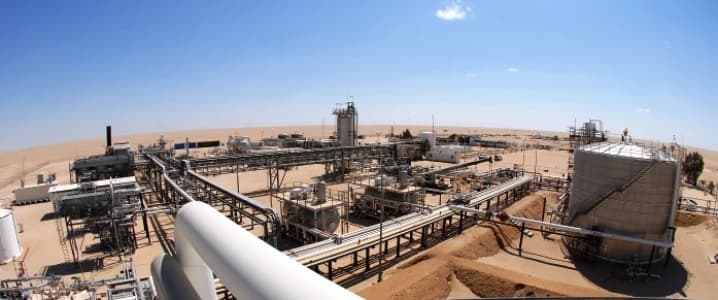The Libyan National Oil Corporation expects to soon regain control over the Es Sider and Ras Lanuf oil terminals, which were the point of clashes between the Libyan National Army and the Benghazi Defense Brigades that ended last week with the LNA taking the ports back from the BDB.
Although there was doubt as to whether the LNA would be willing to pass control over the ports to the NOC again, the company’s chairman told Reuters there is no reason to doubt. Doubts are likely to remain, however, as last week saw developments that may lead to the split of the NOC along government/parliament lines.
The LNA is loyal to the Tobruk-based House of Representatives, the Libyan parliament, which opposes the UN-backed Government of National Accord. The GNA, together with Libya’s central bank, controls the oil export revenues from the four ports in the Oil Crescent.
When the LNA first took control of the ports, wresting it from the Petroleum Facilities Guard, it passed it on to NOC immediately and exports were soon resumed, albeit tentatively, with crude oil production also growing, to 700,000 bpd just before the latest clashes.
Until last summer, NOC was divided into two factions, one affiliated with the government and the other one with the parliament, but its senior officials decided to seek unification so oil revenues could start flowing in again. Related: Can Iran Continue Playing Nicely With OPEC?
Last week, however, the head of NOC’s Benghazi office, who was appointed by the HoR, announced he no longer wanted to take part in the unification deal, signed last July. In addition to this statement, Reuters at the time quoted an LNA official as saying the army has not yet decided on handing control of Es Sider and Ras Lanuf to the NOC.
Signals remain mixed: NOC’s official chairman, Mustafa Sanalla, told Reuters that company officials were already working with the LNA on the handing-over of control. “We have been coordinating our assessment of the facilities with them.”
Es Sider and Ras Lanuf together have a loading capacity of 600,000 bpd.
By Irina Slav for Oilprice.com
ADVERTISEMENT
More Top Reads From Oilprice.com:
- The Single Biggest Threat To An OPEC Deal Extension
- The Oil Market Is At A Major Turning Point
- Submerged Platforms To Revolutionize Offshore Oil & Gas


















